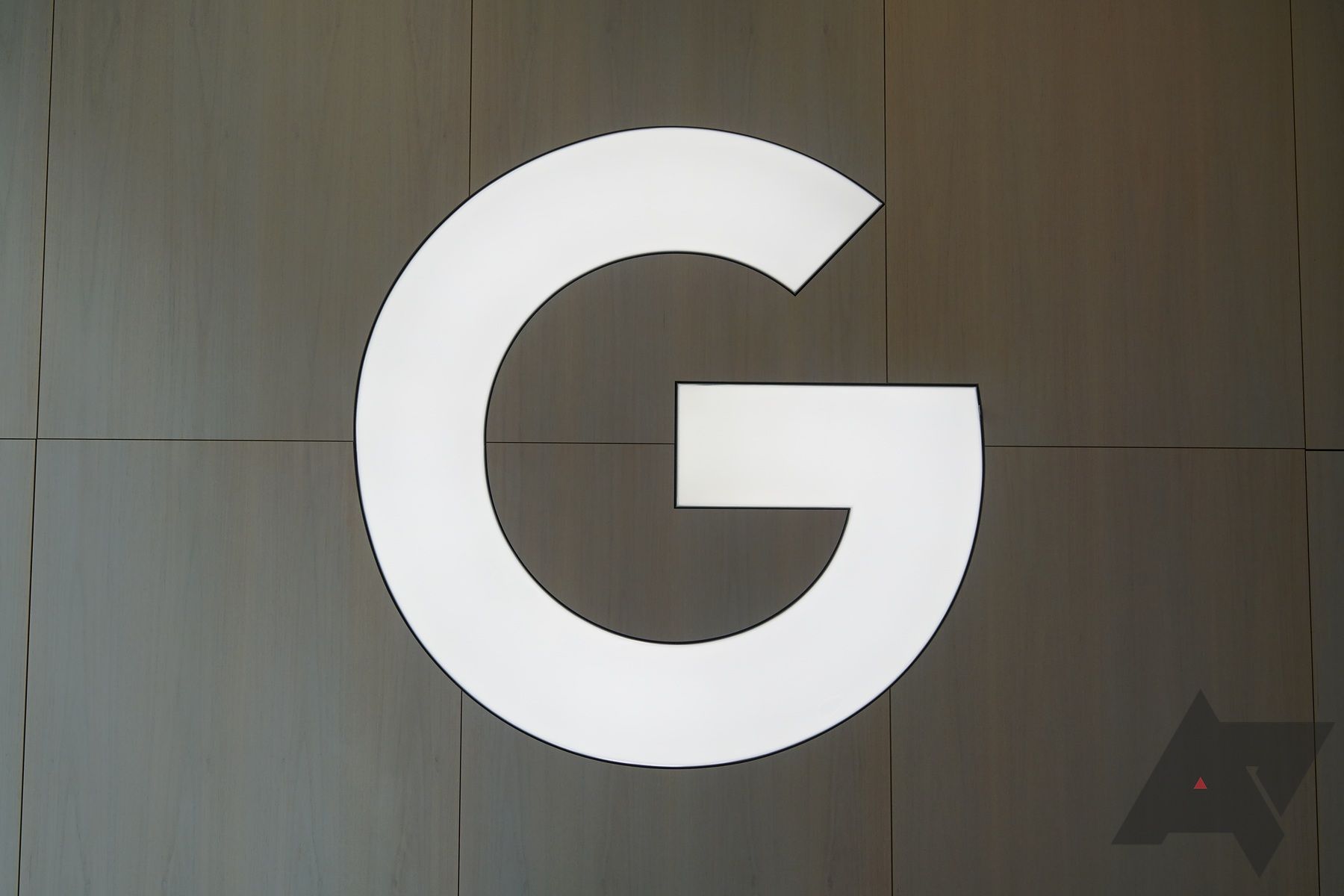One of the many touchstone issues that has defined the political divide in the United States is abortion. You may be aware of the Supreme Court's forthcoming reckoning over the federally-protected right of women to terminate their own pregnancy. Whatever the outcome, though, the decision won't stop women from seeking abortions in the states that permit it — that also means anti-abortion activists will be deploying strategies to prevent as many of them as possible. Now, lawmakers are urging online search behemoth Google to make sure it is directing women to the right places.
Senator Mark Warner, D-Va., and Representative Elissa Slotkin, D-Mich. sent a letter (via Reuters) to the company on Friday asking it to make sure it is providing accurate business results when people search for abortion clinics. They note that some listings refer to "crisis pregnancy centers" which don't provide abortion services and, in many cases, are run by anti-abortion groups who attempt to convince those considering abortion not to go through with their plans — in a number of cases as noted by the AMA Journal of Ethics, they will be located near existing abortion clinics, employ unlicensed clinicians, and may go as far as to misinform women about the abortion process and their options.
Addressing Sundar Pichai, CEO of Google and its parent company Alphabet, lawmakers sought the following provisions:
1. A plan to limit anti-abortion clinics in Google search results, ads, and Maps
2. A plan to add disclaimers that clearly indicate whether a search result does or does not provide abortions
3. Information on Google’s attempts to provide accurate search results pertaining to health care
The letter cited research from the British nonprofit Center for Countering Digital Hate which claims that 11% of overall Google results for "abortion clinic near me" and "abortion pill" refer users to resources from anti-abortion advocates. Furthermore, 37% of Google Maps results point to locations run by such groups. Searches were conducted from virtual locations in 13 states where so-called "trigger laws" banning abortion or making them impractical would take effect if the Supreme Court were to revoke federal protections for abortion as made precedent in Roe v. Wade.
The message was signed by 14 senators and seven members of the U.S. House of Representatives, all of whom are Democrats.
Google declined to comment specifically on the letter, saying in a statement that it is "always looking at ways to improve our results to help people find what they're looking for, or understand if what they're looking for may not be available."

